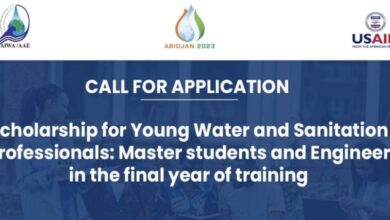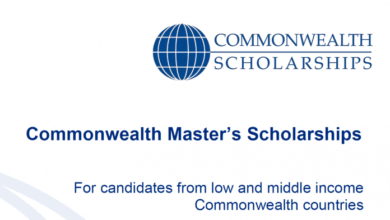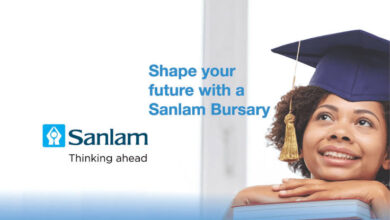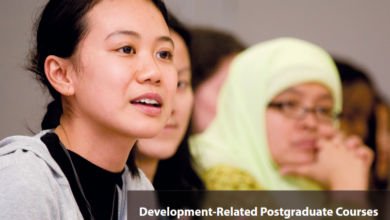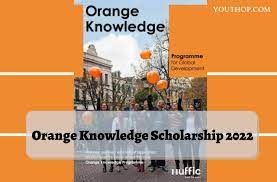
The Orange Knowledge Programme’s goal is to improve the knowledge and skills of individuals, groups of persons, and organizations in order to support the sustainable and inclusive development of society. Food and nutrition security, water, energy, and climate change, sexual and reproductive health and rights, security, and the rule of law are the program’s top priorities. Private Sector Development, Climate, and Inclusion of Women, as well as Marginalized Groups, are all cross-cutting issues that are pertinent to all program operations.
The Orange Knowledge Programme intends to support the improvement of institutions and individuals’ capacity, knowledge, and quality in higher and vocational education. The scholarship recipient must support the Orange Knowledge Programme’s overarching goal. If the recipient of the scholarship does not go back to his or her home country and employer, the Orange Knowledge Programme’s goal cannot be realized. They assume the scholarship recipient to have read and understood the program’s content.
Benefits
- The award covers only the short course or first academic year of the Master’s program for which the scholarship bearer has been chosen. The scholarship is valid for up to one academic year, or the nominal study period, of the course or program for which the scholarship recipient was chosen. For scholarships for short courses, the Dutch institution may provide compensation for margin days up to three days before or after the end date of study (nominal study period).
- The scholarship is a contribution towards the costs of the course or program and covers costs as specified in Fixed reimbursements. For master’s degree programs: this applies to the first academic year only (in the case of programmes that are longer than 1 year). All other costs are the responsibility of the scholarship holder.
- Allowances and reimbursements only apply to the actual number of days or months the scholarship holder attended the course or program within the Orange Knowledge Program grant period. The Dutch institution determines how the reimbursements are paid (e.g. in cash, in kind, by bank transfer, etc).
- The fixed reimbursements for subsistence allowance, study materials, and if relevant e-learning facilities as stated in Fixed reimbursements are paid by the Dutch institution to or on behalf of the scholarship holder. The other fixed reimbursements are allocated by Nuffic to the Dutch institution.
Eligibilities
The applicant must:
- Be a national of, and work in one of the eligible countries: Bangladesh, Benin, Burkina Faso, Burundi, Colombia, Congo (DRC), Egypt, Ethiopia, Ghana, Guatemala, Guinea, Indonesia, Iraq, Jordan, Kenya, Lebanon, Liberia, Mali, Mozambique, Myanmar, Niger, Nigeria, Palestinian Territories, Rwanda, Senegal, Sierra Leone, Somalia, South Africa, South Sudan, Sudan, Suriname, Tanzania, Tunisia, Uganda, Vietnam, Yemen, and Zambia.
- Be not employed by an organization that has its own means of staff development. E.g. international development organizations or private companies;
- Have a minimum of two years of work experience;
- Speak and understand the English language well (all programs are in English);
- Have written support from your employer to take part in the program and to implement the Back Home Action Plan.


